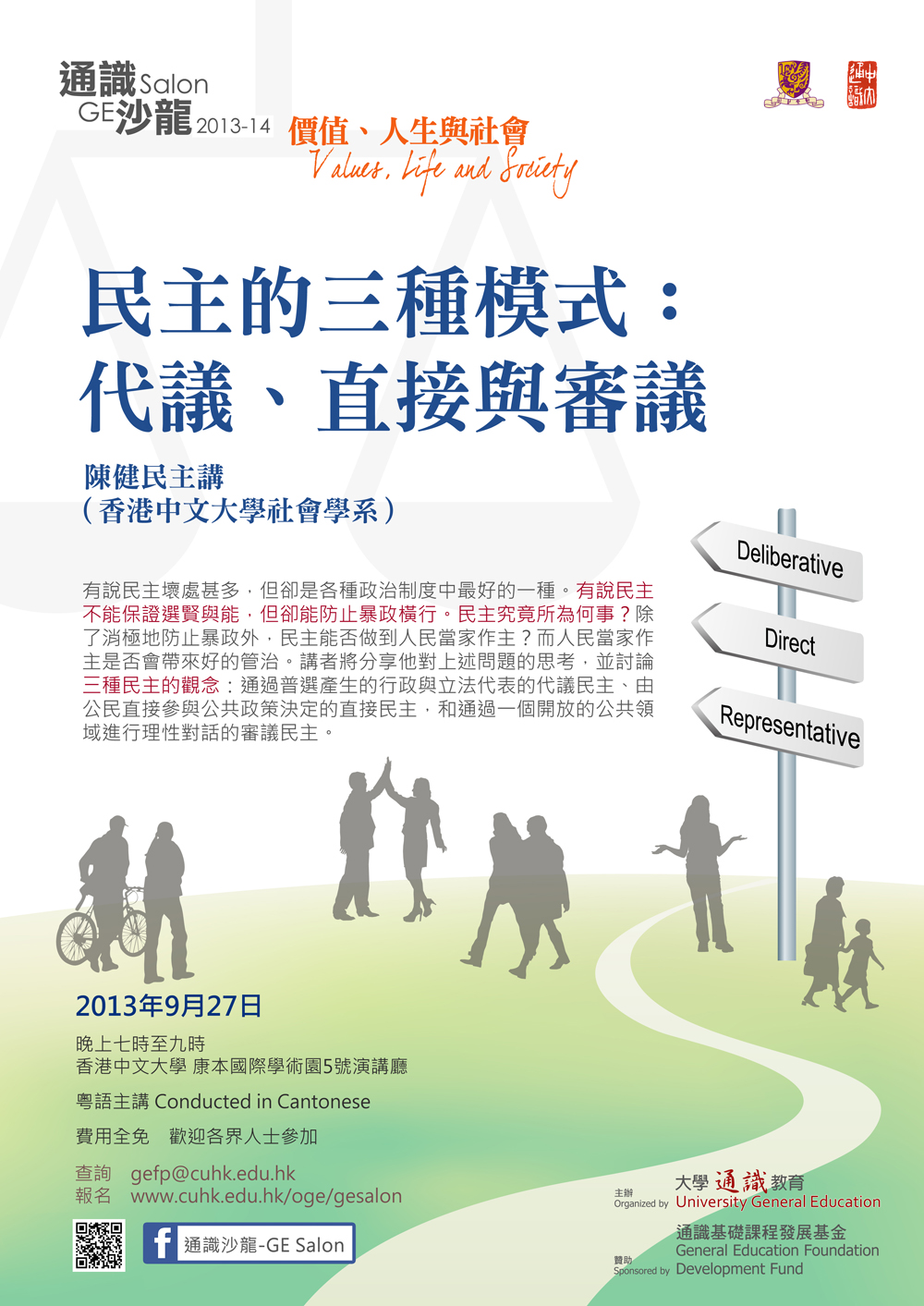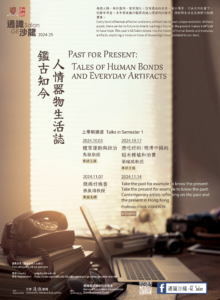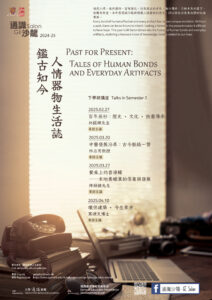The aim of GE Salon is to explore issues of common human concern from cross-disciplinary and cross-cultural perspectives, with a view to encouraging students to reflect upon questions related to the contemporary world and to foster intellectual discussions on campus.
Dewey, Democracy and Education
Speaker: Dr Leung Cheuk HangWhat is democracy? American philosopher John Dewey believes that democracy does not merely mean universal suffrage, but also a way of life which entails an experience of public life for communal growth. As such, education plays an important role in the humanities aspect. In addition to its instrumental function in transmitting professional knowledge, education should be oriented with public enlightenment activities to foster active participation of citizens in public affairs. An ideal form of democracy should be embodied in a form of reflexive social cooperation. As civic education is being marginalized these days, reading Dewey’s Democracy and Education will enable us to understand the relationship between politics, education and community.
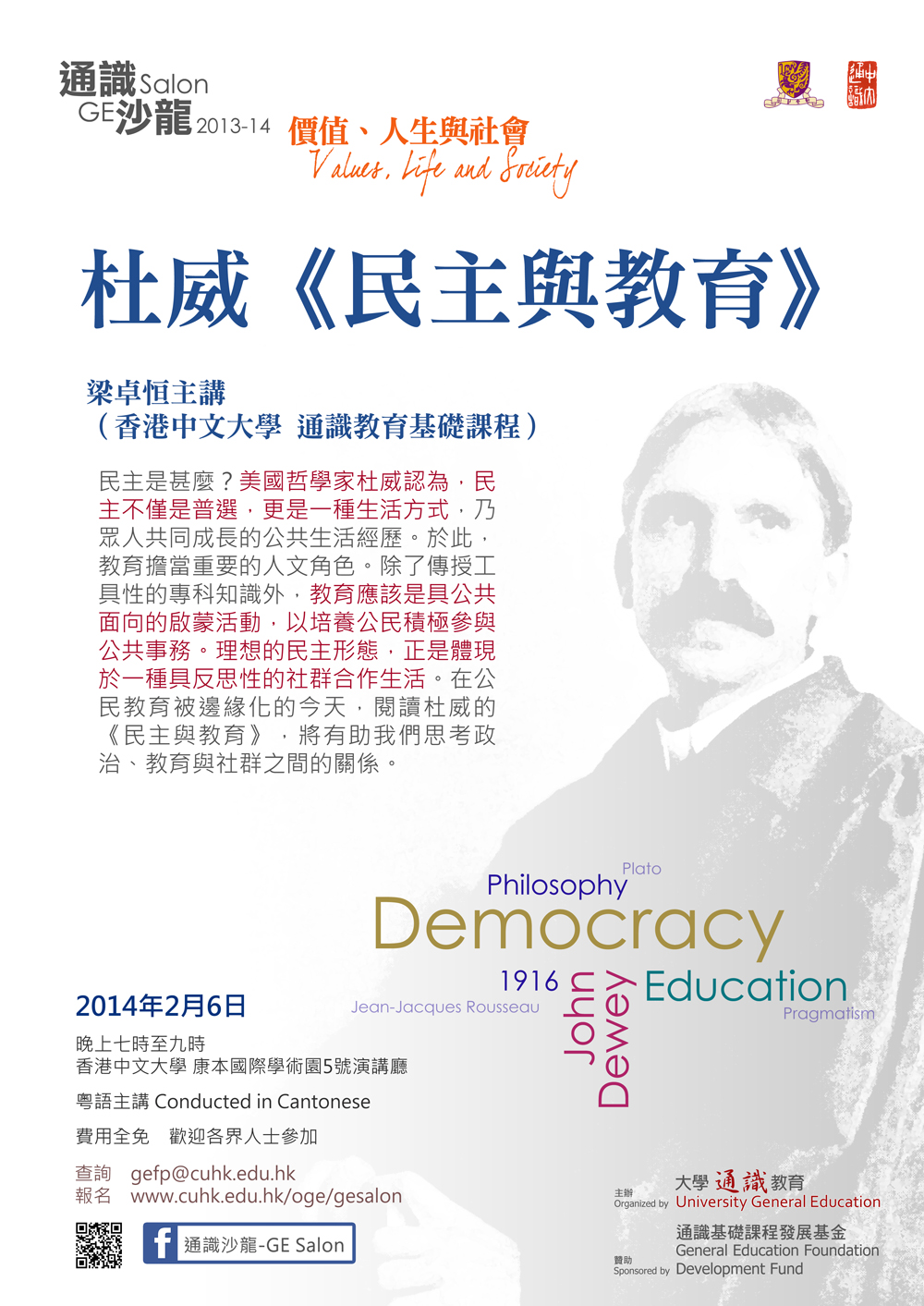 2013-14 Values, Life and Society
2013-14 Values, Life and Society God is back?! – Religion, Justice and Politics
Speaker: Prof. Kung Lap YanIs ‘God back’ or is ‘God brought back’? Why and for whom is God back? Or is God always presence? Time magazine named Pope Francis its Person of the Year (2013). How is this to be interpreted? Does it mean religion is still significant to society? Does it express the western as well as international community’s expectation of what an authentic religion should be? Does it reflect the western media has a better vantage as well as a greater impact on global society? In this talk, I am going to use both the paradigm of secularization theory of private and public, and that of value rationality vs instrumental rationality to explore how ‘God is back’ is responding to the issues of justice and peace, and to discover an aura of hope.
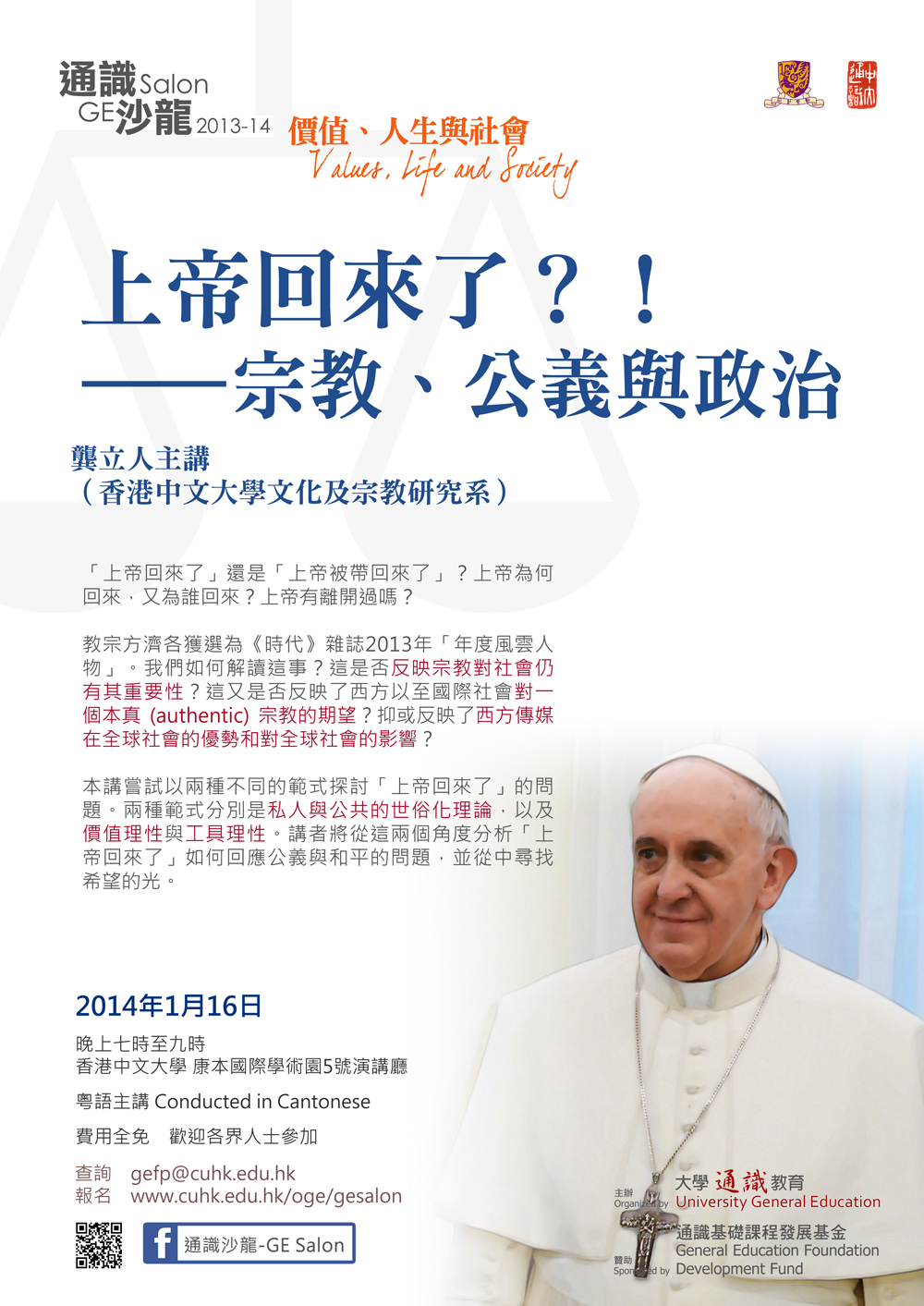 2013-14 Values, Life and Society
2013-14 Values, Life and Society “The Personal is Political” – Gender, Sexuality and Justice
Speaker: Prof. Choi Po King, Mr Cho Man KitIn November 2009, Ms W, a post-operative male-to-female transwoman, was refused marriage with her boyfriend in her post-operative gender. She lodged a judicial review against the decision of the marriage registrar, asking the Court to recognize the right of trans people to marriage. She lost in the Court of First Instance and the Court of Appeal but finally won the case in the Court of Final Appeal by 4 to 1. Throughout the judicial battle that lasted for about 4 years, the visibility of transgender community in the media is greatly increased. The brave coming-out of trans people forces us to reflect on whether they are “only” a gender minority or whether they are actually a lens through which we could examine the very notion of gender itself ? In what way does the lived experience of trans people lead to a concept of justice that values gender diversity? What challenging questions do they pose to gender education that rests on a male vs female framework?
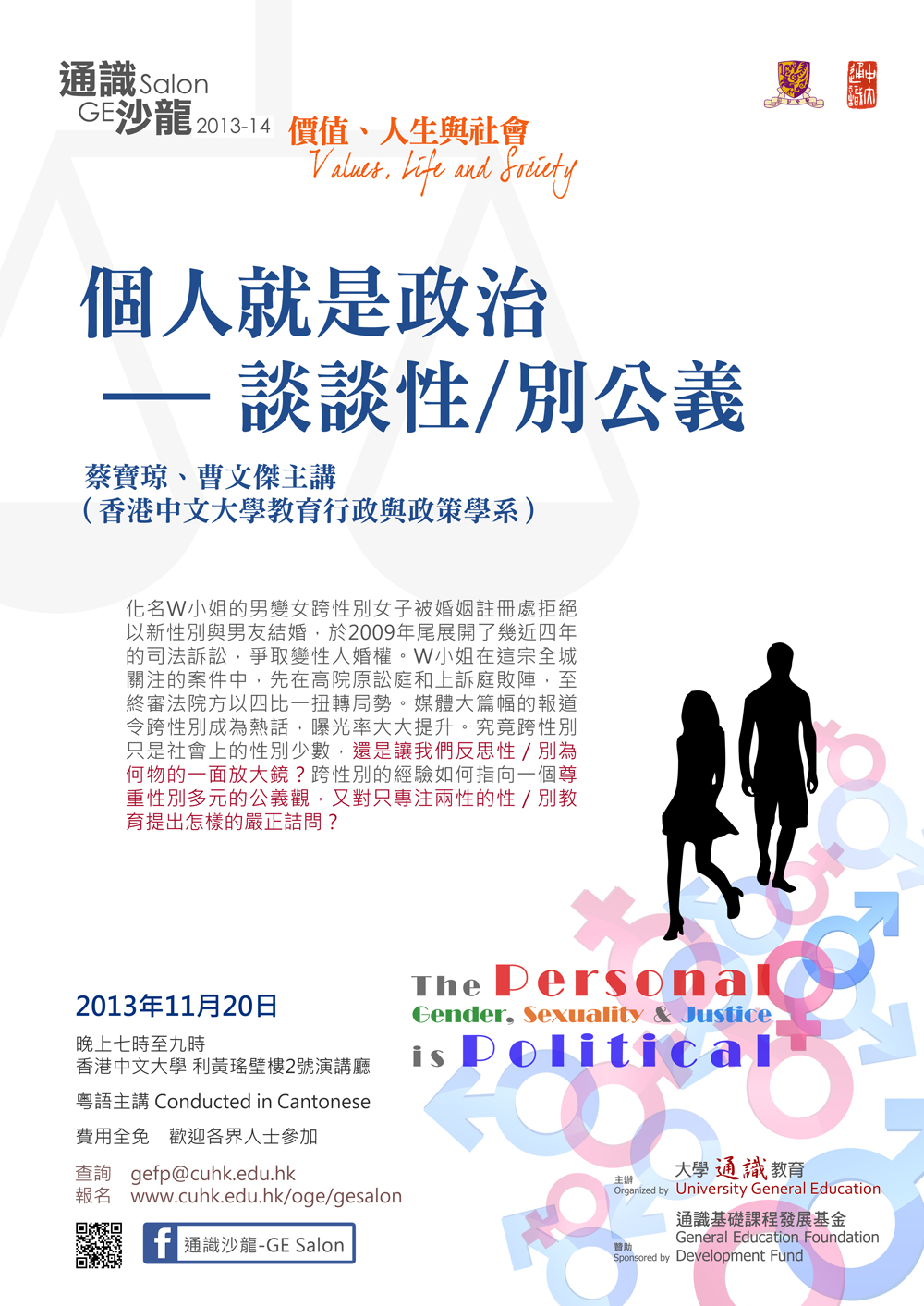 2013-14 Values, Life and Society
2013-14 Values, Life and Society Eichmann in Jerusalem: A Report on the Banality of Evil
Speaker: Mr. Tai Yuen HungWe are going to prolong Arendt’s philosophical reflections on the banality of evil and the political world starting from von Trotta’s film Hannah Arendt (2012). Although it is well known that Arendt refused to be named as philosopher, one could gain a better understanding of Arendt’s insistence on the problem of evil by referring to the relevant discussions in modern European philosophy. In Eichmann in Jerusalem (1963), Arendt deepened her remarkable analyses of the totalitarian regimes first appeared in The Origins of Totalitarianism (1951). We are going to revisit some of her important insights in revealing the constitutive processes of totalitarianism, like rendering individuals superficial, forming isolated subjects, alienating the capacity of judging and consequently alienating the public world of political actions. All these, in the eyes of Arendt, bring about the phenomenon of thoughtlessness in the present epoch. Nowadays more and more scholars recognize Arendt’s phenomenological way of thinking as the distinctive contribution to the contemporary arena of philosophy and political theories.
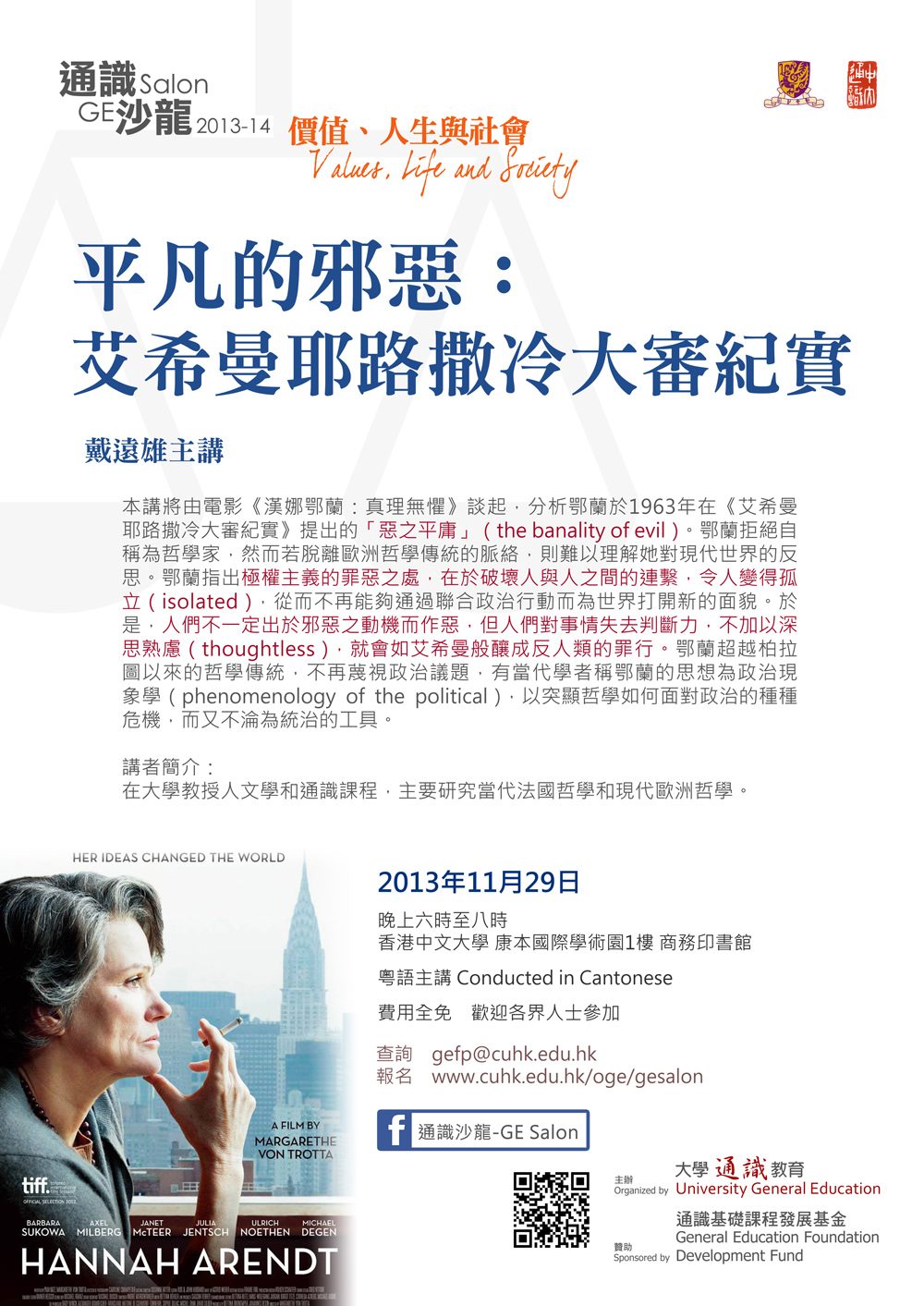 2013-14 Values, Life and Society
2013-14 Values, Life and Society Urban Imaginations and Social Values
Speaker: Dr. Leung Kai ChiWhen a place is imagined as disarrayed, normal people will tend to stop visiting, and eventually turn this place into a truly disarrayed location. There is an intricate mutual relationship between urban landscapes in the real world and in our imaginations. So how do we imagine Hong Kong as a city? Do we have different conceptions among social groups? Perhaps before complaining that the city has become foreign to us, we should first ask ourselves that, what kinds of values in our society have induced these changes. After all, if we want to change the look of our city, we may we well need to start from its values.
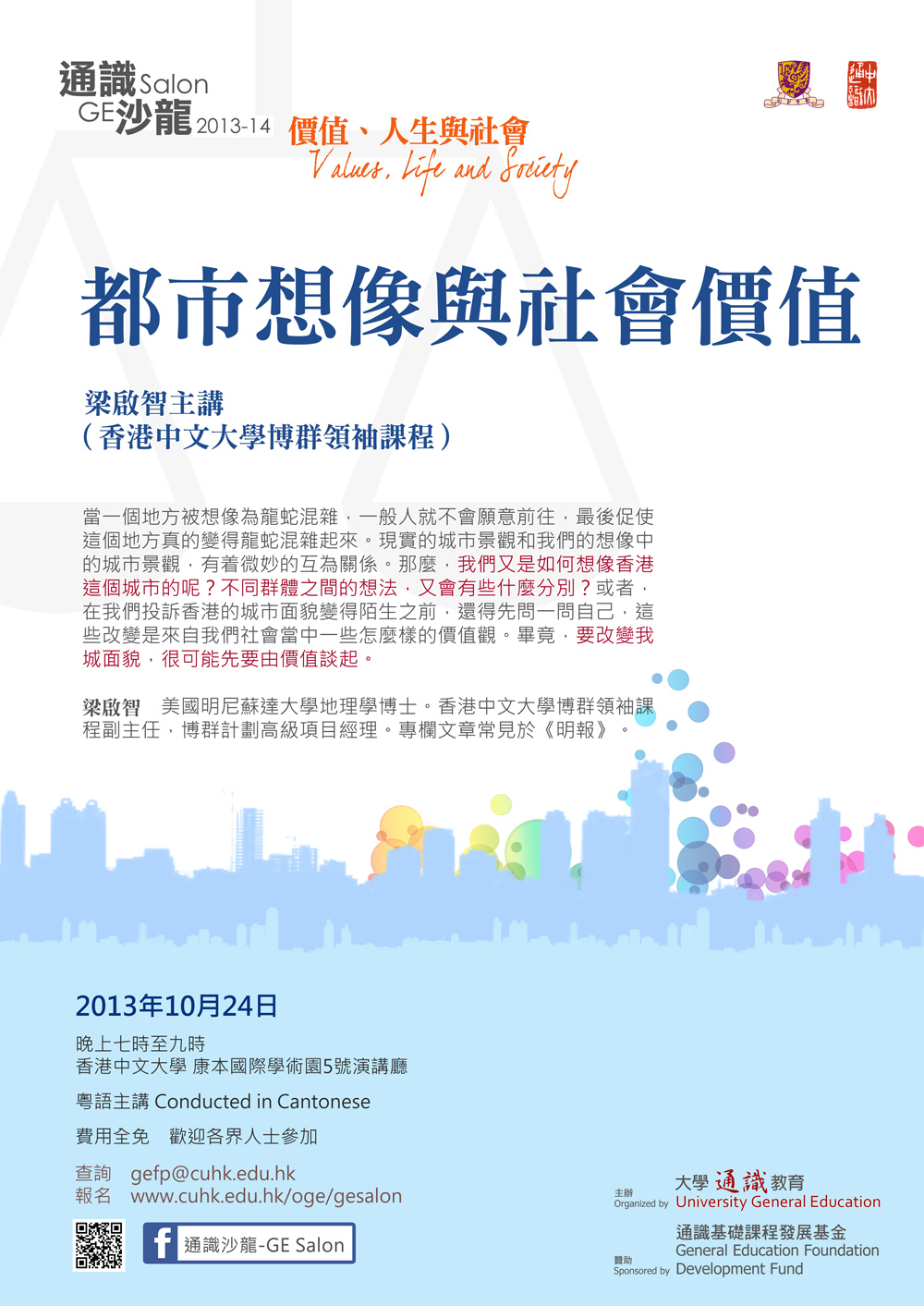 2013-14 Values, Life and Society
2013-14 Values, Life and Society Three Forms of Democracy: Representative, Direct and Deliberative
Speaker: Prof. Chan Kin ManSome have claimed that, despite its many disadvantages, democracy is the best form of government. It has also been claimed that although democracy does not always select the best people, it can prevent tyranny. So what is democracy for? In addition to the prevention of tyranny, can democracy make the people master of themselves? Will the rule of the people bring about good governance? The speaker will share his thoughts about these questions and discuss three ideas of democracy: (1) representative democracy with popular elections through which the executive and the legislative branches are elected; (2) direct democracy in which people participate directly in public affairs; and (3) deliberative democracy which involves rational dialogues in public spheres.
